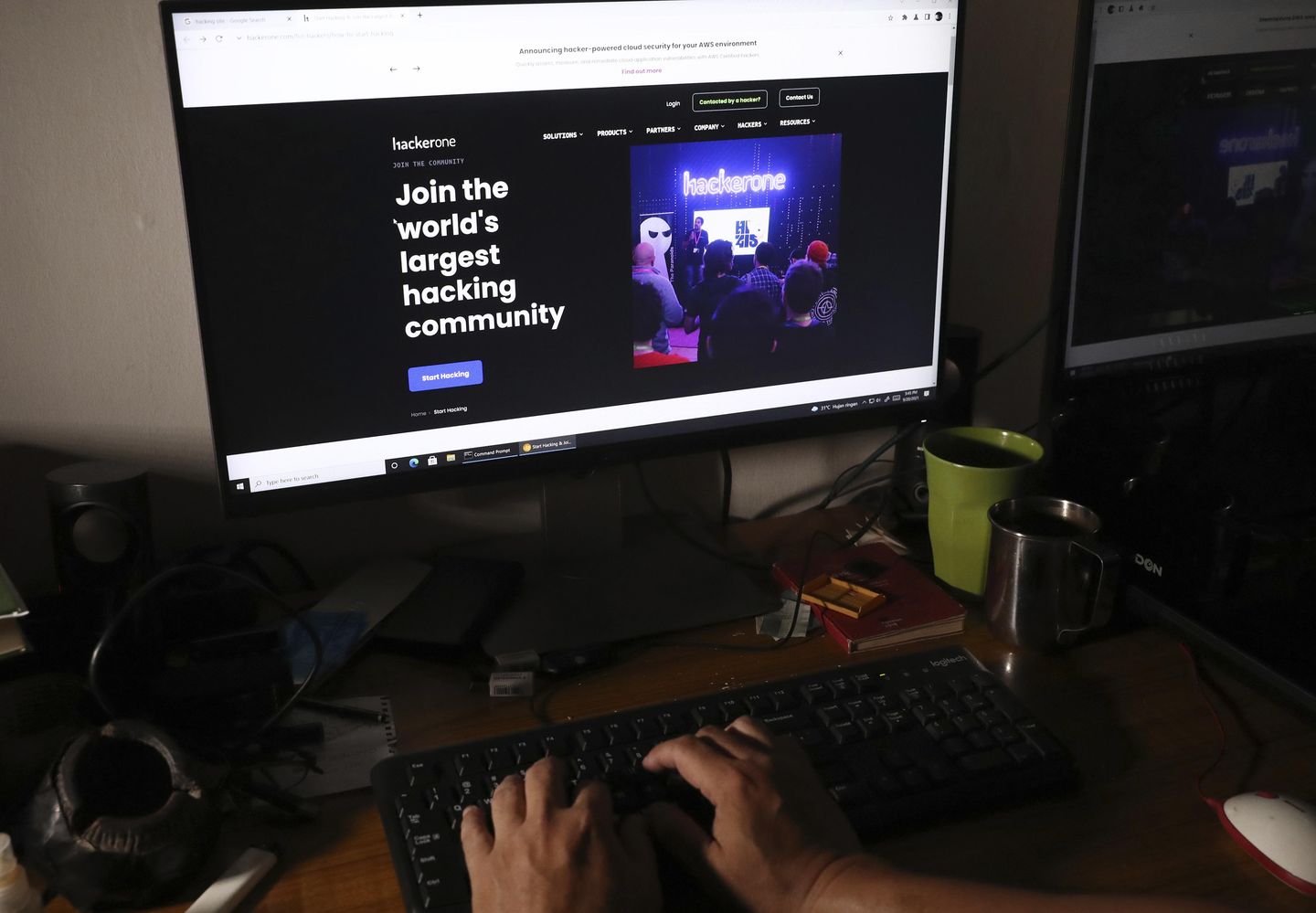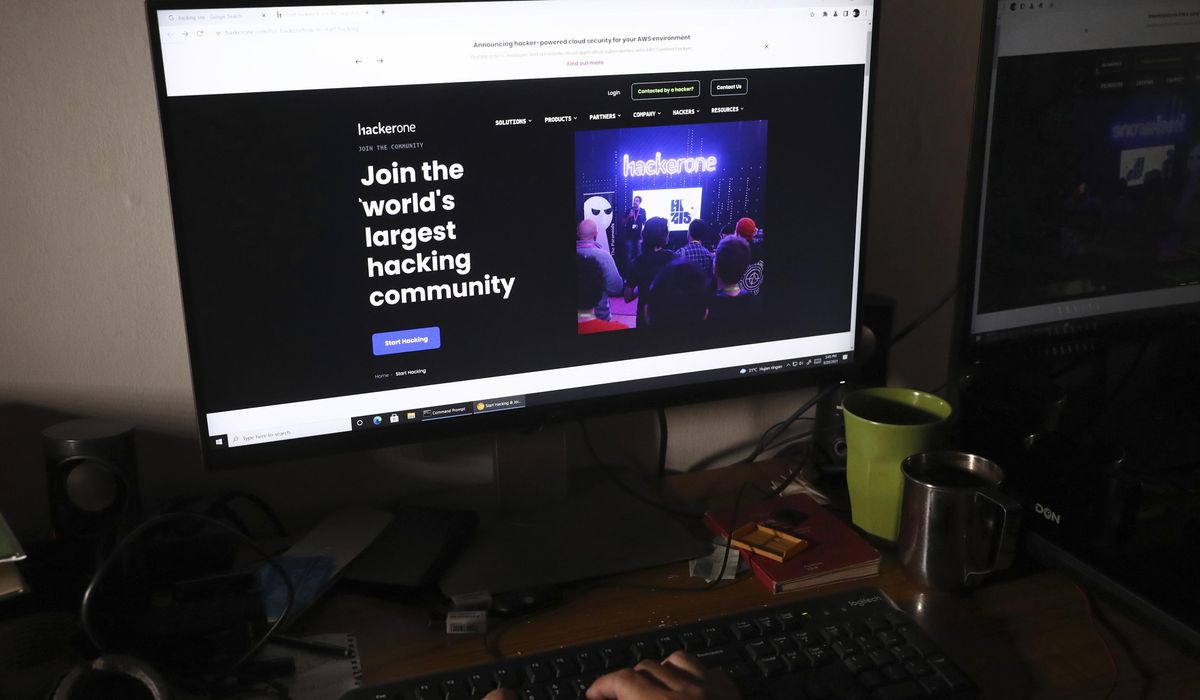

A new report on the demographics of cybercrime shows that women, minorities and the elderly are most vulnerable to online attacks.
The Malwarebytes, Digitunity and Cybercrime Support Network joint study of 5,000 people from the United States, England and Germany confirms that online scammers succeed more with these vulnerable demographics than with others.
“This is the story of how cybercrime hurts some groups more than others, and how, while making the Internet essential for all, we only made it safe for some,” the authors wrote.
According to the study, people over the age of 65 account for 36% of credit card thefts, more than any other age group.
Gender also plays a role, with 79% of women reporting text messages from unknown numbers with potentially malicious links, compared to 73% of men reporting the same.
Nearly half — 46% — of women reported their social media accounts being hacked, compared to 37% of men.
While 49% of men feel somewhat and very safe online, only 37% of women feel the same.
Black, indigenous and people of color (BIPOC) proved least successful at avoiding financial harm from cyberattacks.
Only 47% of BIPOC respondents said they had successfully avoided any financial impact of cybercrime, compared to 59 percent of all respondents.
The report also indicated that people of higher income and educational levels feel safer online than people of low income and education levels.
